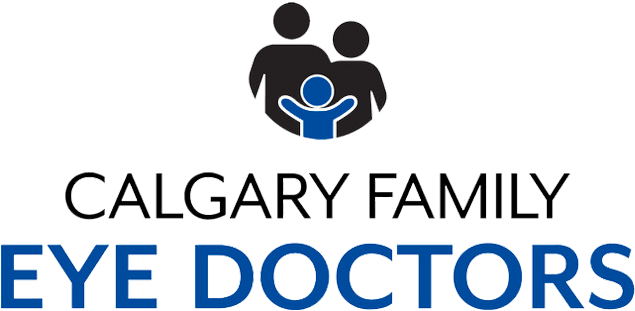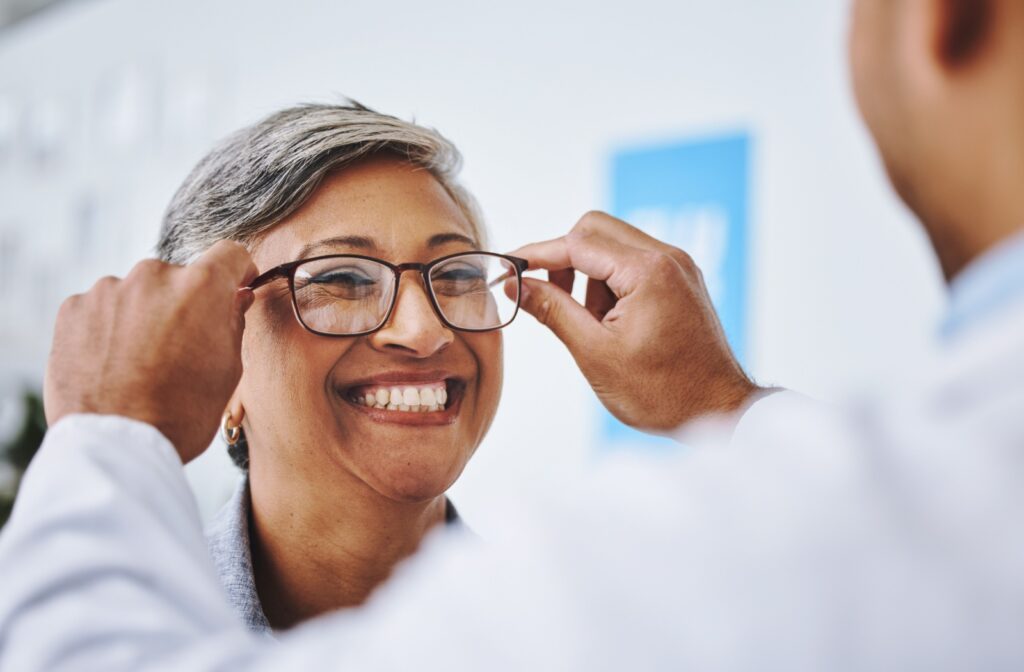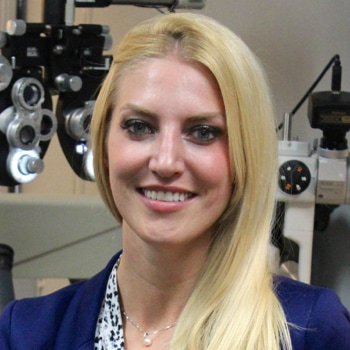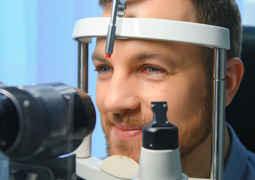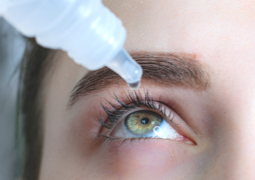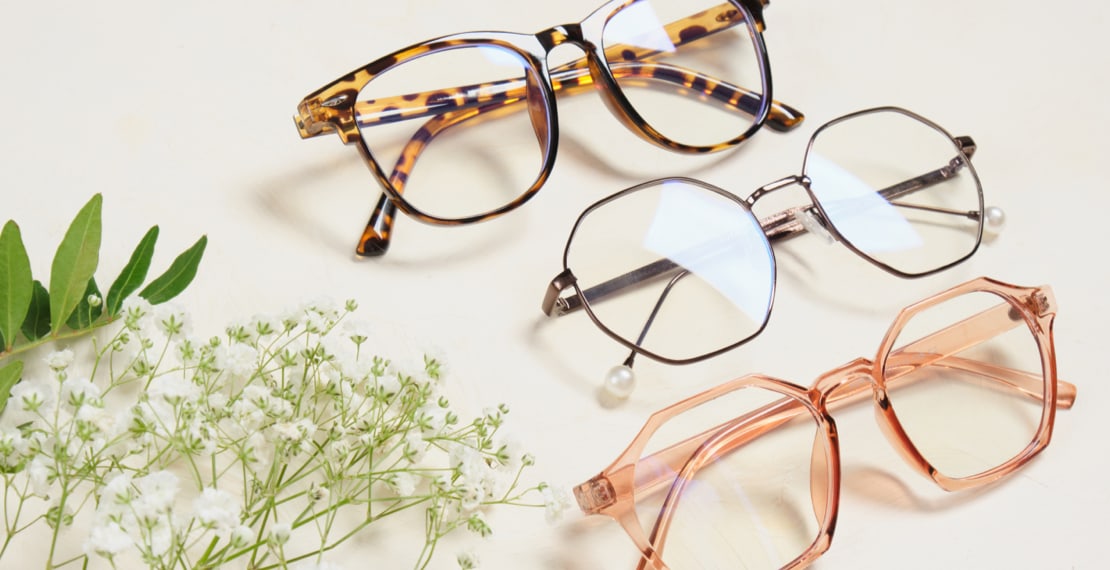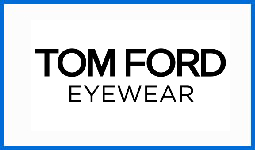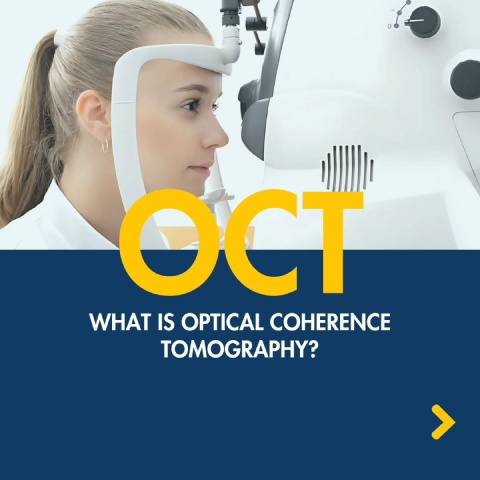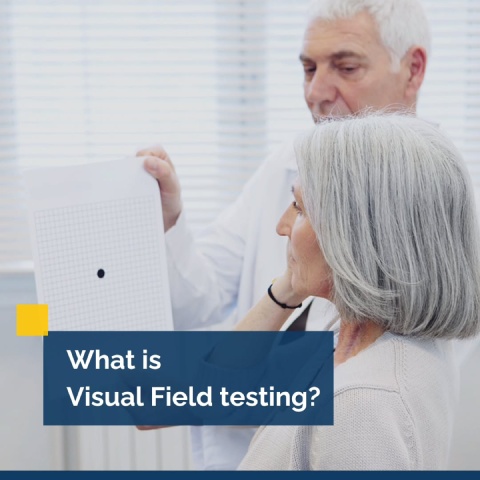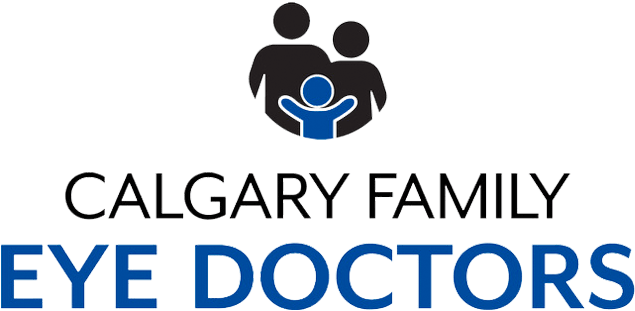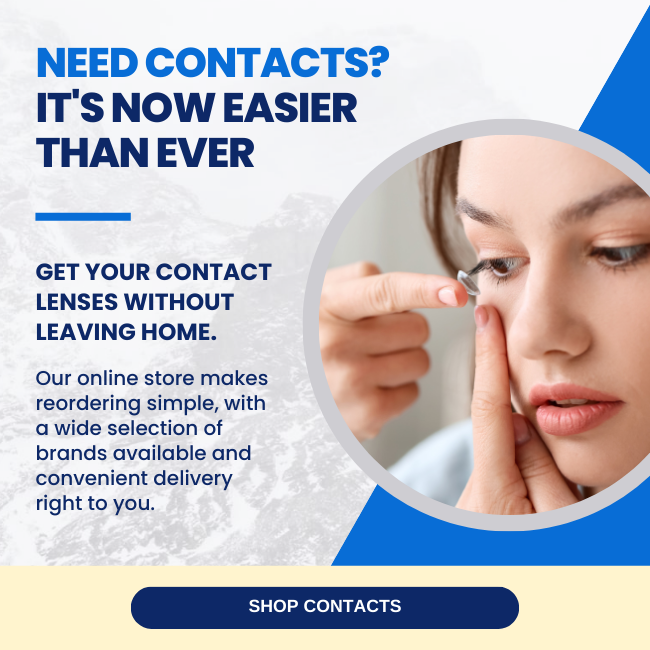If you’ve ever wondered whether wearing glasses could make your eyesight worse over time, you’re not alone. This is a common concern, especially among new glasses wearers or parents whose children have been prescribed corrective lenses. The good news is: wearing glasses does not make your eyes worse. Instead, glasses help correct existing vision issues, allowing you to see clearly and comfortably.
Understanding how glasses work—and why vision might continue to change over time—is key to feeling confident in your eyewear choices. Let’s explore how glasses interact with your vision and why it’s important to rely on professional guidance when it comes to your eye health
What Glasses Actually Do
Glasses are prescribed to correct refractive errors, which occur when your eyes can’t properly focus light onto the retina. This can lead to blurred vision, headaches, or eye strain. The most common refractive errors include:
- Myopia (nearsightedness) – Difficulty seeing distant objects
- Hyperopia (farsightedness) – Difficulty seeing close objects
- Astigmatism – Blurry or distorted vision at all distances
- Presbyopia – Age-related difficulty focusing on near objects, typically starting in your 40s
Corrective lenses adjust the way light enters your eyes so that it focuses properly on the retina. They don’t change the shape or function of your eyes—they simply help you see more clearly.
Each type of lens is designed for a specific correction. For example, concave lenses are used to treat myopia, while convex lenses assist with hyperopia. Astigmatism is addressed using cylindrical lenses, and multifocal lenses help correct presbyopia. Regardless of the lens type, glasses serve only one purpose: to improve your vision, not to worsen it.
Do Glasses Weaken Your Eyes?
It’s a persistent myth that once you start wearing glasses, your eyes become “dependent” on them and your vision gets worse. In reality, your vision might change over time, but glasses aren’t the cause.
Vision changes are typically the result of:
- Natural growth or aging
- Genetic predisposition
- Lifestyle habits (like screen time or reading in poor lighting)
- Underlying health conditions (such as diabetes or hypertension)
These changes can happen whether or not you wear glasses. In fact, avoiding corrective lenses when you need them can lead to eye strain, fatigue, and headaches—especially during tasks that demand visual focus, like reading or using digital screens.
What About Children?
Many parents worry that prescribing glasses too early might hinder their child’s vision development. In fact, the opposite is true. Uncorrected vision problems in children can interfere with learning, reading, and coordination.
Providing the correct prescription helps a child’s visual system develop properly and can support better outcomes in both school and play. Pediatric eye exams are vital in ensuring vision issues are caught and managed early.
Why Your Prescription Might Change
It’s completely normal for your prescription to change over time. Children and teens often experience vision shifts as their eyes grow, and adults commonly develop presbyopia in middle age. However, these changes are part of the body’s natural development and aging process, not a consequence of wearing glasses.
Sometimes, people believe their vision is deteriorating because they need stronger glasses every few years. Again, though, this progression would occur with or without glasses. Wearing the correct prescription simply keeps your vision as sharp and comfortable as possible at any given stage of life.
Addressing Eye Strain & Discomfort
While wearing glasses doesn’t harm your eyes, an outdated or incorrect prescription can lead to strain and discomfort. Common symptoms include:
- Blurred vision
- Headaches
- Eye fatigue
- Difficulty focusing
These are not signs that your glasses are “making your eyes worse”—they’re indications that your current lenses may no longer be meeting your needs. Updating your prescription and ensuring your glasses fit your lifestyle can make a big difference in daily comfort.
If you’re suffering from eye strain, try to follow the 20-20-20 rule—every 20 minutes, look at something 20 feet away for at least 20 seconds to reduce digital eye strain.
Alternatives to Glasses
While glasses are safe and effective, some people prefer alternatives like contact lenses or laser eye surgery. Your eye care provider can help determine which vision correction method suits your lifestyle, preferences, and eye health needs.
Contact Lenses
Provide similar visual correction and are placed directly on the eye, offering a wider field of vision. Ideal for sports and active lifestyles.
Refractive Surgery
Laser surgeries such as LASIK or PRK reshape the cornea to correct vision.. However, these procedures aren’t suitable for everyone, and they do carry some risks.
Why Regular Eye Exams Matter
Regardless of whether you wear glasses, contacts, or have had laser surgery, routine eye exams are an important part of maintaining your health. These checkups help monitor for any changes in your vision, adjust prescriptions as needed, and detect eye conditions early.
During a comprehensive eye exam, your optometrist evaluates not just how clearly you see, but also the overall health of your eyes, checking for signs of glaucoma, cataracts, macular degeneration, and more.
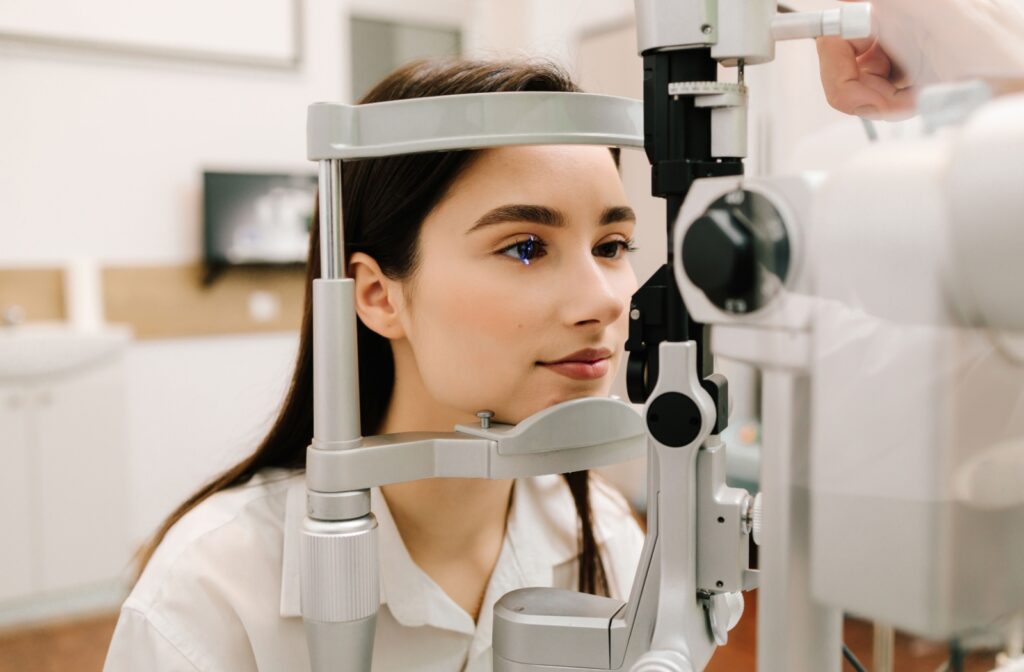
Glasses Are a Tool, Not a Crutch
Glasses are an external aid, designed to correct how light enters the eye, not to change the anatomy or worsen your vision. Vision changes are a natural part of life and may require prescription updates—but that’s not because glasses cause harm. If you’re concerned about your vision or feel your prescription may need updating, our experienced team at Calgary Family Eye Doctors is here to help. We offer comprehensive eye exams for all ages and will work with you to ensure you’re seeing clearly and comfortably. Book your appointment today and take the next step toward better eye health.
